February 4, 2016
12 Heart-Healthy Foods to Add to Your Grocery Cart
By Becky Duffett
You might be surprised to learn that heart disease is now the leading cause of death in the United States, according to the Centers for Disease Control. And with more Americans being diagnosed with cardiovascular-related issues every year, it’s important to understand what you can do to better protect your heart. Fortunately, healthy habits and smart food choices can make a big difference. The American Heart Association (AHA) recommends keeping calories in check, eating a variety of nutrient-rich foods, and limiting saturated fats and trans fats.They also say to go easy on red meat, salt, added sugar, and alcohol.
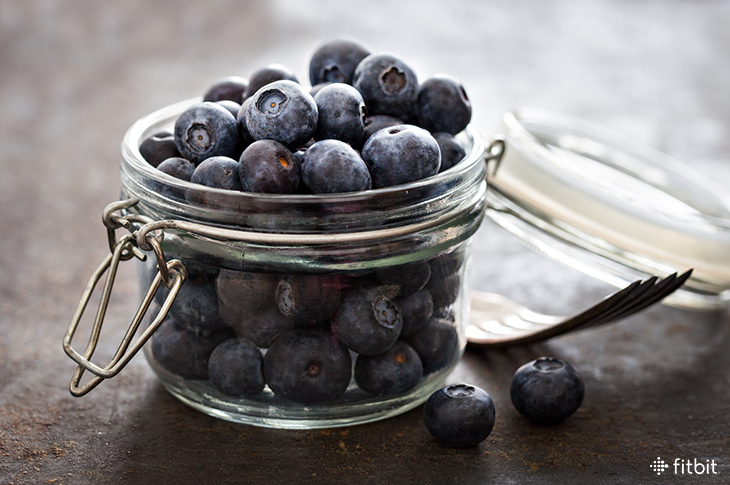
Need a few tasty suggestions? Add these hard-working, heart-healthy items to your grocery list to help keep your ticker in shape.
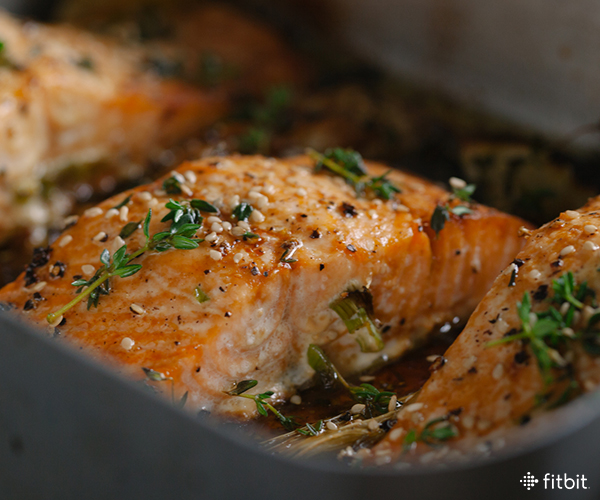
1. Salmon
Fish is the best source of omega-3 fatty acids, which has been shown to reduce the risk of irregular heartbeats, lower blood triglyceride levels, slow the buildup of artery-clogging plaque, and lower blood pressure. Experts recommend eating two servings of omega-3-rich fish per week, such as salmon, tuna, mackerel, and sardines. Prep tip: Rub salmon with olive oil, garlic, and lemon zest before grilling.
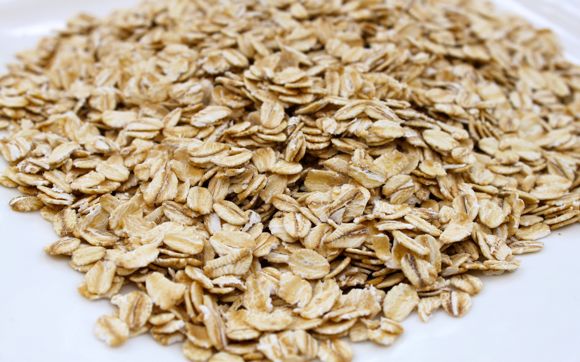
2. Oats
All dietary fiber is good for you, but soluble fiber in particular has been shown to reduce total and LDL cholesterol levels. And ordinary oats happen to have more soluble fiber than any other grain. Prep tip: Try easy overnight oats for breakfast.

3. Walnuts
Nuts are a great source of healthy fats, antioxidants, and fiber. Eating a small handful of nuts regularly reduces the risk of developing heart disease. Walnuts are the highest in omega-3s, but almonds, hazelnuts, and pistachios are also smart choices. Prep tip: Sprinkle walnuts on a salad.
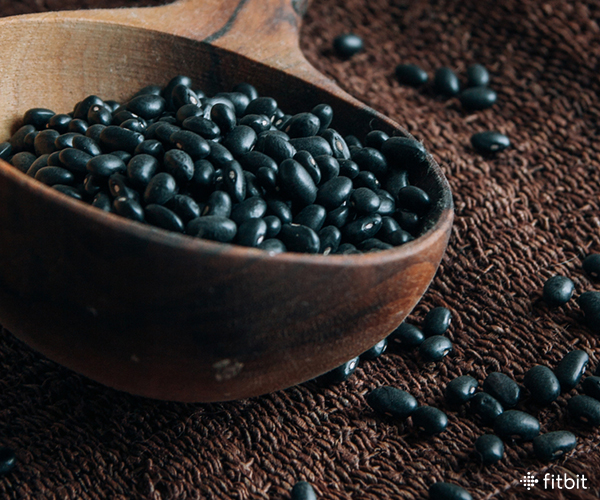
4. Black beans
Beans and other legumes are rich in protein, high in soluble fiber, and contain no saturated fat. Enjoy any variety of beans, chickpeas, or lentils, but black beans get extra points for heart-healthy antioxidants. Prep tip: Serve beans with brown rice, avocado, and salsa.
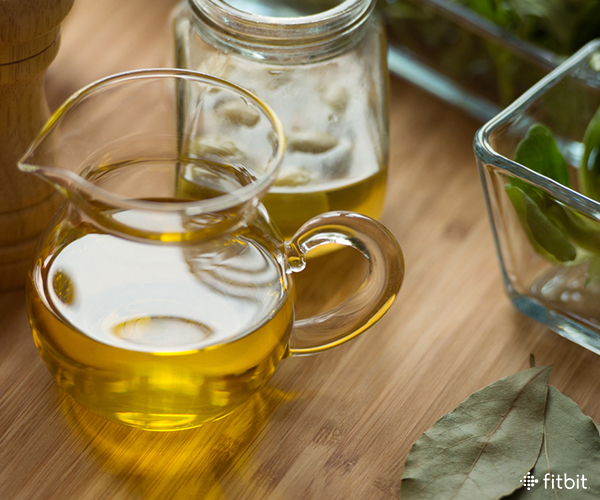
5. Extra-virgin olive oil
There are a number of healthy reasons to make extra-virgin olive oil your go-to. First among them, olive oil contains monounsaturated “good” fats that can help reduce your LDL cholesterol levels. Extra-virgin varieties also contains antioxidants, for an added boost. Prep tip: Use a drizzle of olive oil instead of butter when sautéing vegetables or scrambling eggs.
6. Blueberries
All colorful fruits and veggies contain phytonutrients and offer health benefits, but dark-skinned blueberries are especially high in disease-fighting antioxidants that can help prevent heart disease. Prep tip: Fold blueberries into oats, smoothies, and salads, or munch them straight out of hand for a sweet snack.
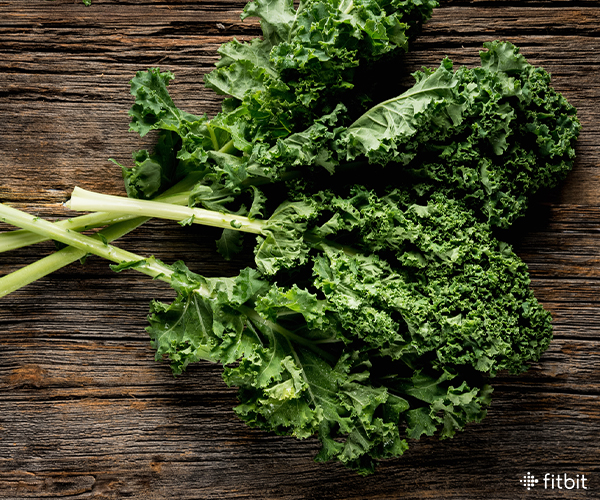
7. Kale is hot for a reason. The dark crinkled leaves contain antioxidants, fiber, and a bevy of beneficial vitamins and minerals that have been shown to support heart health. Not into kale? Spinach, Swiss chard, beet greens, turnip greens, and collards are good for you, too. Prep tip: Slip raw greens into fruit-based smoothies.
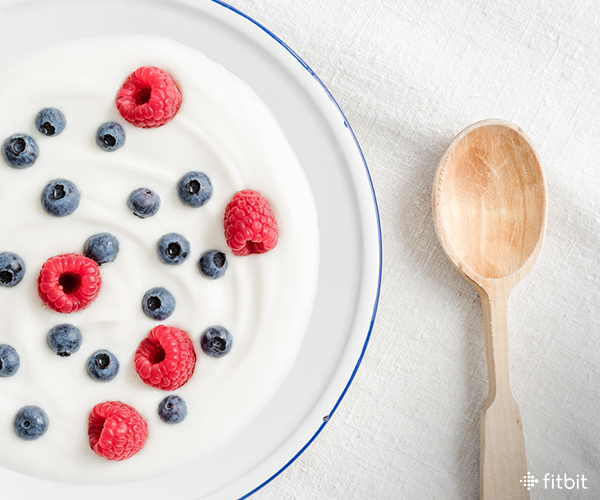
8. Yogurt
Yogurt packs protein and calcium, and as it turns out, what’s good for your gut may be good for your heart, too. Recent research indicates probiotics may help lower blood pressure. Skip the flavored options and enjoy plain, unsweetened yogurt instead. And consider adding other probiotic-rich fermented foods, like sauerkraut, kimchi, and sour pickles, to your diet. Prep tip: Top Greek yogurt with fresh fruit, or go savory with cherry tomatoes and basil.

9. Avocado
Creamy avocado contains more potassium than a banana, which can help regulate blood pressure. It also has high levels of monounsaturated fats, folate, and fiber, making it a heart-health powerhouse. Prep tip: Spread avocado on your sandwich instead of mayo.
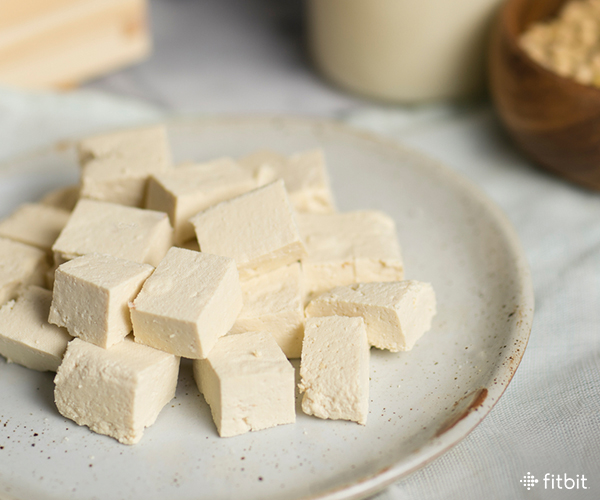
10. Tofu
Made from soy beans, tofu is a satisfying source of plant-based protein. High in polyunsaturated fats, fiber, vitamins, and minerals, but low in saturated fat, tofu is a heart-healthy alternative to meat. Soy butters, nuts, and burgers are also great options. Prep tip: Toss cubed tofu into a veggie stir-fry.

11. Experts have gone back and forth for a long time, but with the latest dietary guidelines, the USDA points to research that shows coffee may reduce your risk of type 2 diabetes and cardiovascular disease. Just be careful with added fat and sugar (sorry, venti caramel macchiato lovers). Prep tip: Sip that morning mug of home brew.
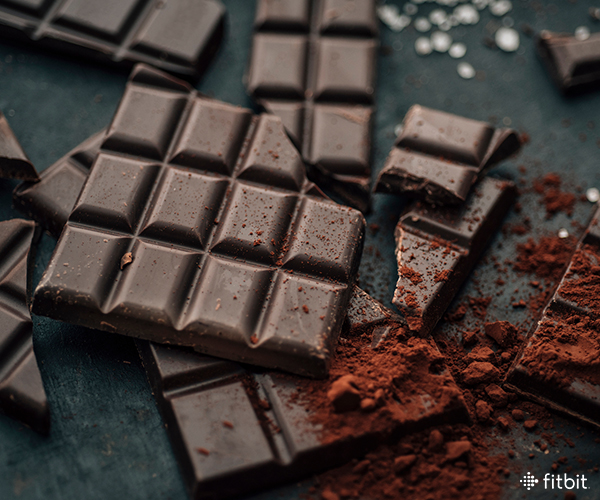
12. Dark chocolate
Chocolate contains flavonoids, an antioxidant found in plants, which may help to improve circulation. Your doctor probably doesn’t want you to use that as an excuse to binge on sweets, especially if you’re at risk for diabetes. But dark chocolate (at least 70 percent cocoa) can be an acceptable treat in moderation. Prep tip: Break off one or two squares (about 1.5 oz/45 g), and savor them with a handful of berries or cherries.
Didn’t see your favorite food on this lineup? Keep in mind that there’s no one secret ingredient for heart health, and think about general categories. “Broccoli is a great example of a good choice, but if it doesn’t make your list, don’t worry about it. Choose vegetables you enjoy, eating green beans, kale, cauliflower, or Brussels sprouts, too,” says Alice Lichtenstein, professor of nutrition science and policy at Tufts University. “The same for fruits, low-fat dairy, and whole grains. The point is to make healthy foods choices that you enjoy, and make it a lifelong habit.”

